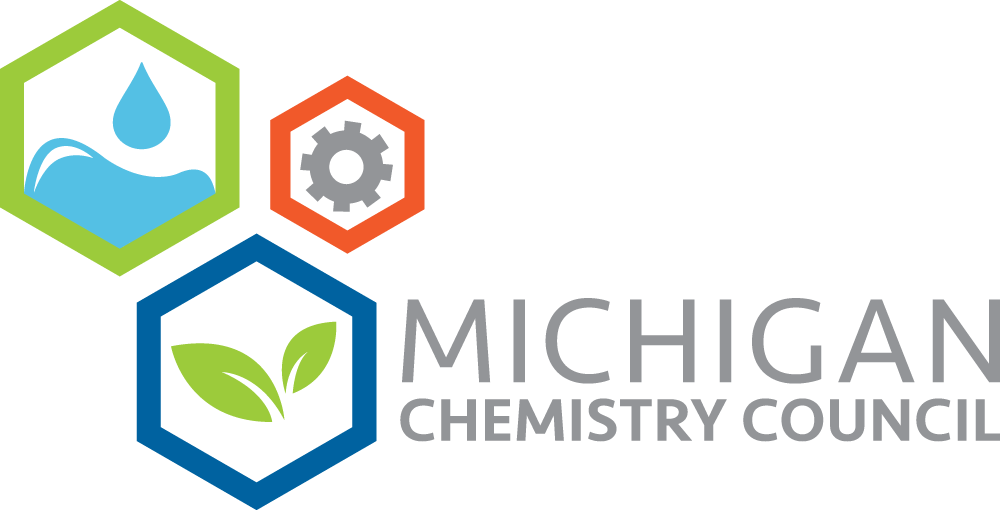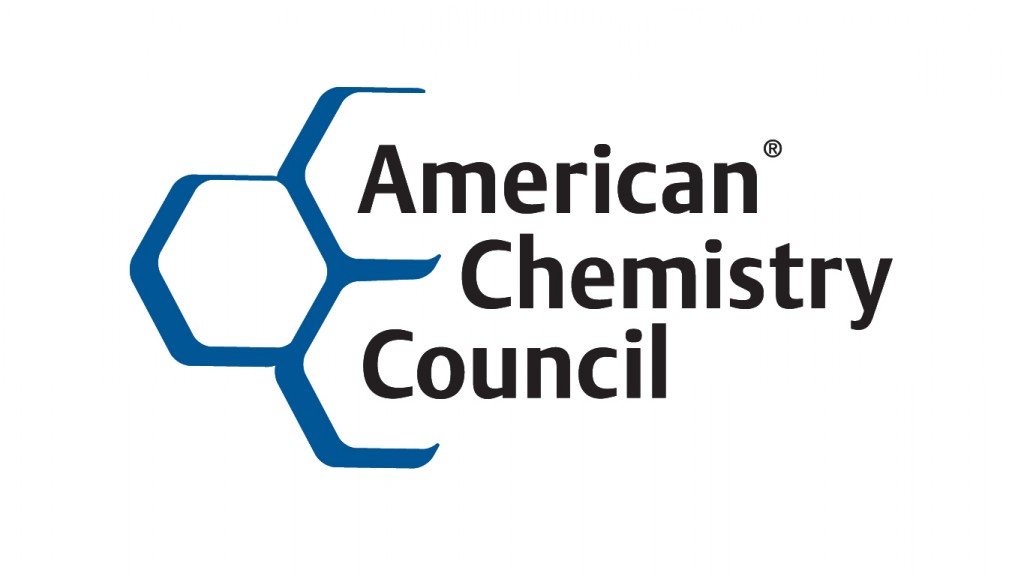The Michigan Chemistry Council recently submitted a letter to a legislative committee in support of a bill (HB 6019 – sponsored by Rep. Graham Filler) authorizing a nuclear energy feasibility study. The bill would require the Michigan Public Service Commission (MPSC) to engage an outside consulting firm to study the advantages and disadvantages of nuclear power in Michigan (including both economic and environmental impacts).

The study would specifically examine the potential for small modular nuclear reactors, a developing technology that some proponents hope will enable nuclear energy to be deployed more widely. Dow recently announced a collaboration to deploy a small nuclear plant at one of the company’s Gulf Coast sites by 2030.
Michigan currently has two operating nuclear plants: the 2.2 GW Cook plant operated by AEP in southwest Michigan, DTE's 1.3 GW Fermi plant in Monroe. The 800 MW Palisades plant near South Haven was shut down in May but is the subject of a plan by the Governor to reopen with federal funding. In 2021, nuclear energy provided approximately 30% of the state's electricity, compared to about 11% provided by renewable sources.
The MCC’s letter noted the importance of nuclear power in providing steady and reliable capacity, as well as the potential of nuclear to generate decarbonized electricity, heat, and future fuels like green hydrogen. The MCC also noted the importance of protecting ratepayers from potential financial risks of investing in unproven technologies.
Click here for the MCC’s letter regarding nuclear energy.
The nuclear energy study bill was unanimously supported by the Senate Committee and is expected to be finalized soon.

